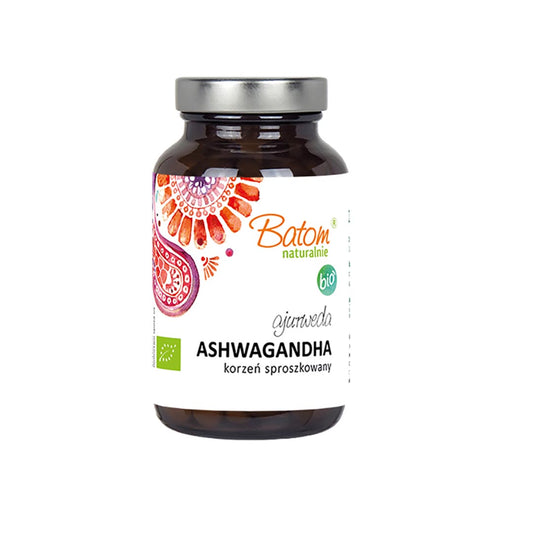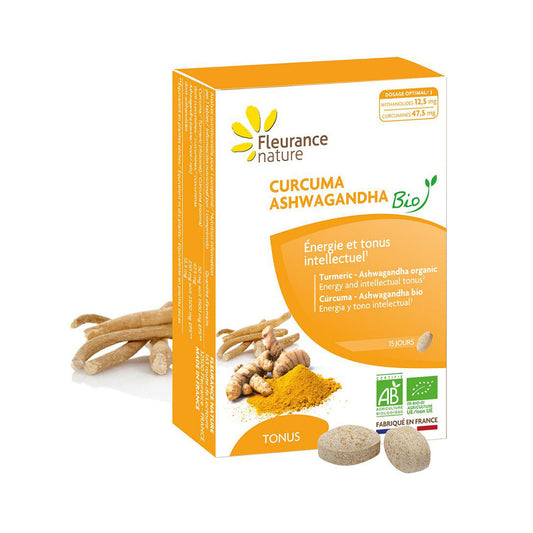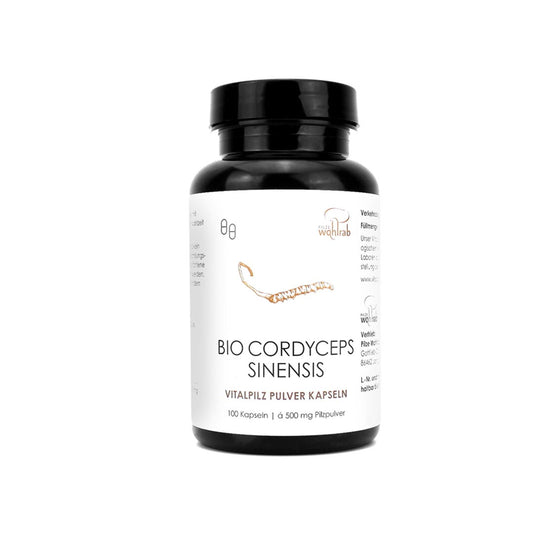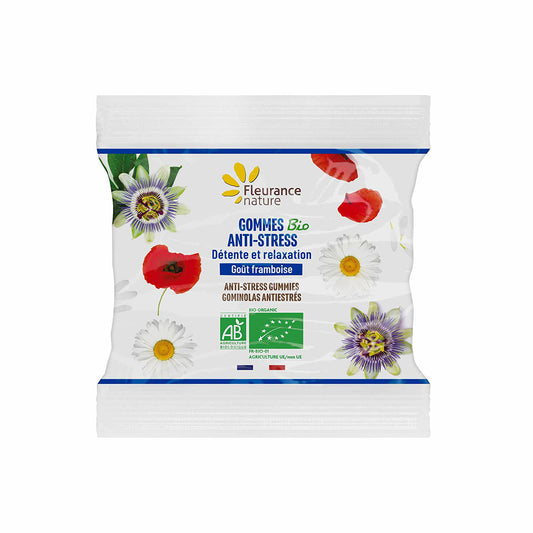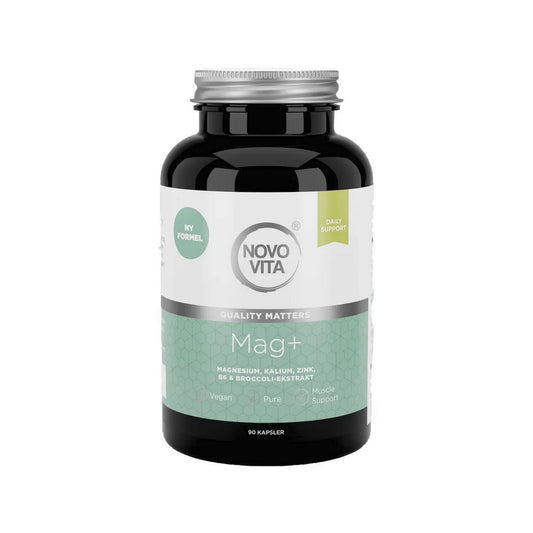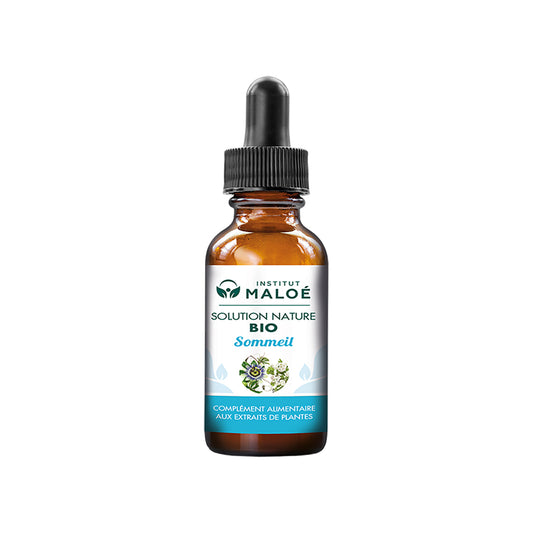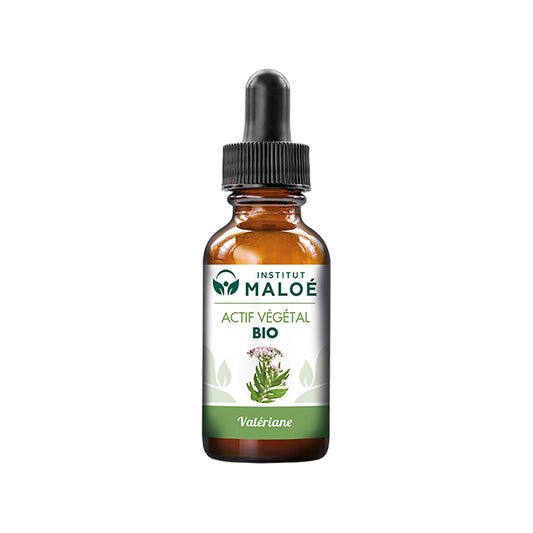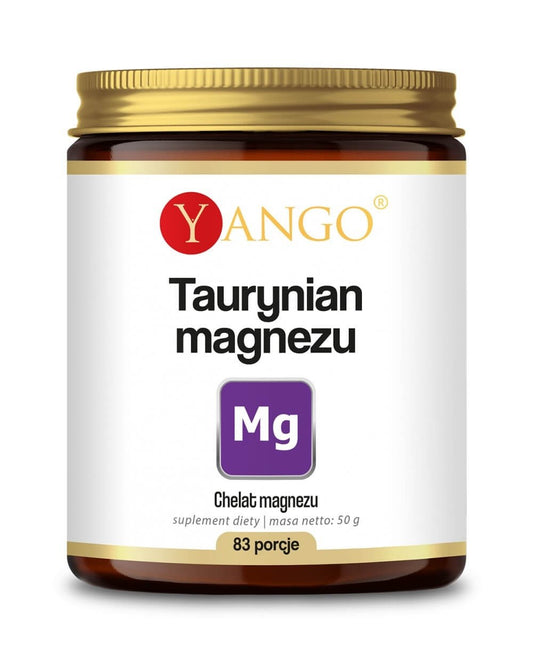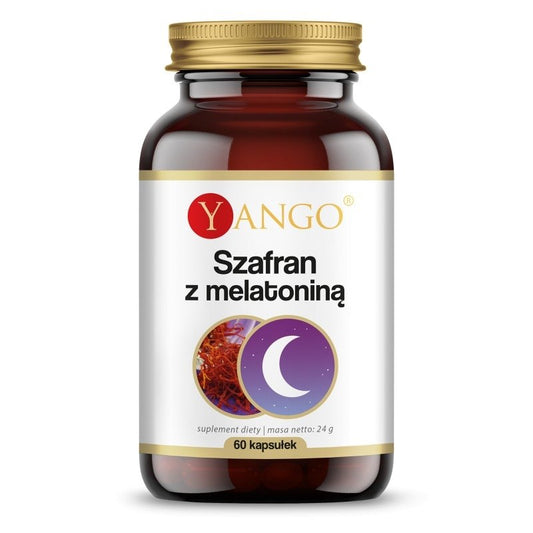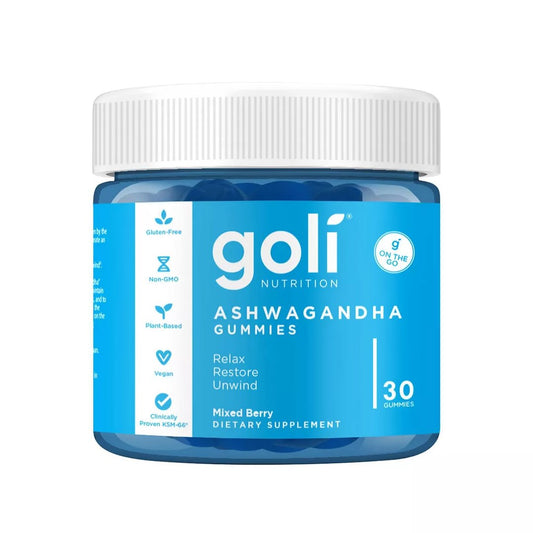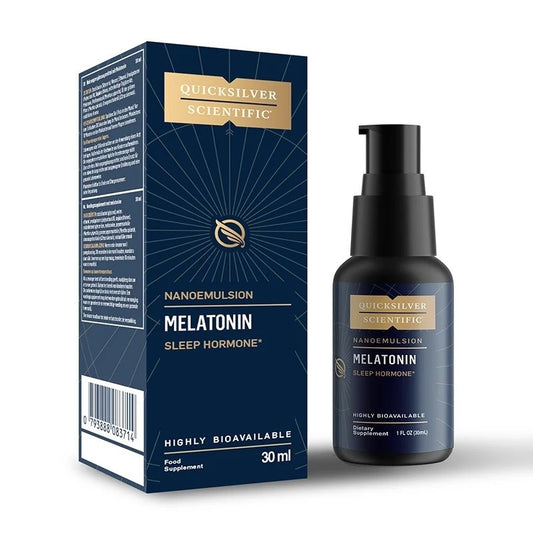
6 natural aids for better sleep
Share
Sufficiently long and good quality sleep is a very important factor for health. Insufficient sleep has negative effects in at least some form. This has been indisputably proven in studies. The need for sleep varies individually, but on average an adult needs 7-8 hours of sleep per day. It also matters at what time of day the sleep occurs.
This article lists some natural supplements that affect falling asleep and improving sleep quality. Good lifestyle habits have an undeniable impact on sleep, but in varying phases of everyday life, supplements have their place and time. Most people's daily lives are burdened by environmental factors that we cannot directly influence. Certain natural supplements can help the body adapt to these factors.
The first on our list is probably the most familiar to everyone. But browse further down the list. Were you aware of these?
Melatonin
Melatonin is a hormone naturally produced by your body that signals to your brain that it is time to go to sleep. The time of day affects the production and release cycle of this hormone – melatonin levels naturally rise in the evening and fall in the morning. For this reason, melatonin supplements have become a popular sleep aid, especially in cases where the melatonin cycle is disrupted, such as jet lag.
Several studies report that melatonin improves the quality and duration of naps. This is especially beneficial for people whose schedules require sleeping during the day, such as shift workers. Melatonin can improve overall sleep quality in individuals suffering from sleep disorders. In particular, melatonin appears to shorten the time it takes people to fall asleep (known as sleep latency) and increase the total amount of sleep time.
Magnesium
Magnesium is a mineral involved in hundreds of processes in the human body, and it is important for brain function and heart health.
Additionally, magnesium can help calm the mind and body, making it easier to fall asleep.
Studies show that magnesium's relaxing effect is due to its ability to regulate melatonin production. Magnesium is known to relax muscles and promote their recovery.
Research suggests that insufficient magnesium levels in the body may be linked to insomnia and sleeplessness. On the other hand, increasing magnesium intake through supplements can help you optimize the quality and quantity of your sleep.
Glycine
Glycine is an amino acid that plays an important role in nervous system well-being. The body can produce glycine itself, and it is also obtained from food. Glycine is especially found in protein-rich foods such as fish, meat, eggs, dairy products, and legumes.
Glycine plays an important role in the body's functions: it affects, among other things, structurally (bones and muscles), vascular health, cognitive abilities, and metabolic health. Glycine also helps the body produce serotonin.
According to studies, glycine has been found to normalize sleep patterns, help fall asleep faster, and especially increase the amount of restorative REM sleep in the brain. Glycine may also help the body transition more quickly into deep sleep. It is believed to affect, among other things, lowering body temperature, which signals the body to rest.
Valerian root
Valerian, also known as Valeriana officinalis, is a medicinal herb native to Asia and Europe. Its root is commonly used as a natural treatment for anxiety, depression, and menopausal symptoms. Valerian root is also one of the most commonly used herbal sleep aids in the United States and Europe. It helps with falling asleep, improves sleep quality, supports cognitive functions and mental well-being. Relaxing and calming valerian also promotes digestion and has a beneficial effect on heart health.
Short-term use of Valerian root appears to be safe for adults and has only minor, rarely occurring side effects.
In Bio365's selection, in addition to the sleep product range, you will also find Valerian root especially in the heart health supporting Be Organic supplement.
Ashwagandha
Ashwagandha is an Indian herb used in the traditional Ayurveda healthcare system. Traditionally, various parts of Ashwagandha have been utilized, but most modern supplements are made from an extract isolated from its root.
Ashwagandha is classified as one of the so-called adaptogens, which are thought to increase the body's ability to adapt to various internal and external stress factors.
Stress management and mental balance
Ashwagandha is especially known for its calming and stress-relieving effects. The herb has a long and traditional history for this use, which in recent years has also been supported by modern scientific evidence. Often, stress underlies fragmented sleep or difficulty falling asleep, and treating it can improve peaceful transition to sleep.
Better sleep
Ashwagandha has traditionally also been used to support better sleep – the Latin name Withania somnifera literally means "sleep-bringing." Supporting sleep is still one of the most popular reasons to use ashwagandha today, right after stress management.
Cordyceps
Cordyceps sinensis, also known as the Chinese caterpillar fungus, is one of the most popular and sought-after medicinal mushrooms. Due to its effects, it holds a particularly high status in Asian folk medicine.
Cordyceps mushroom can reduce low-grade inflammation and ease insomnia. This mushroom contains plenty of valuable vitamins, trace elements, essential amino acids, and polysaccharides. The cordycepin and ophicrin ingredients stimulate the immune system.
As a caring ingredient for insomnia, Cordyceps contains L-tryptophan, which is a precursor to serotonin and melatonin. Many find that tryptophan taken as a supplement helps with both falling asleep faster and achieving deeper sleep.

